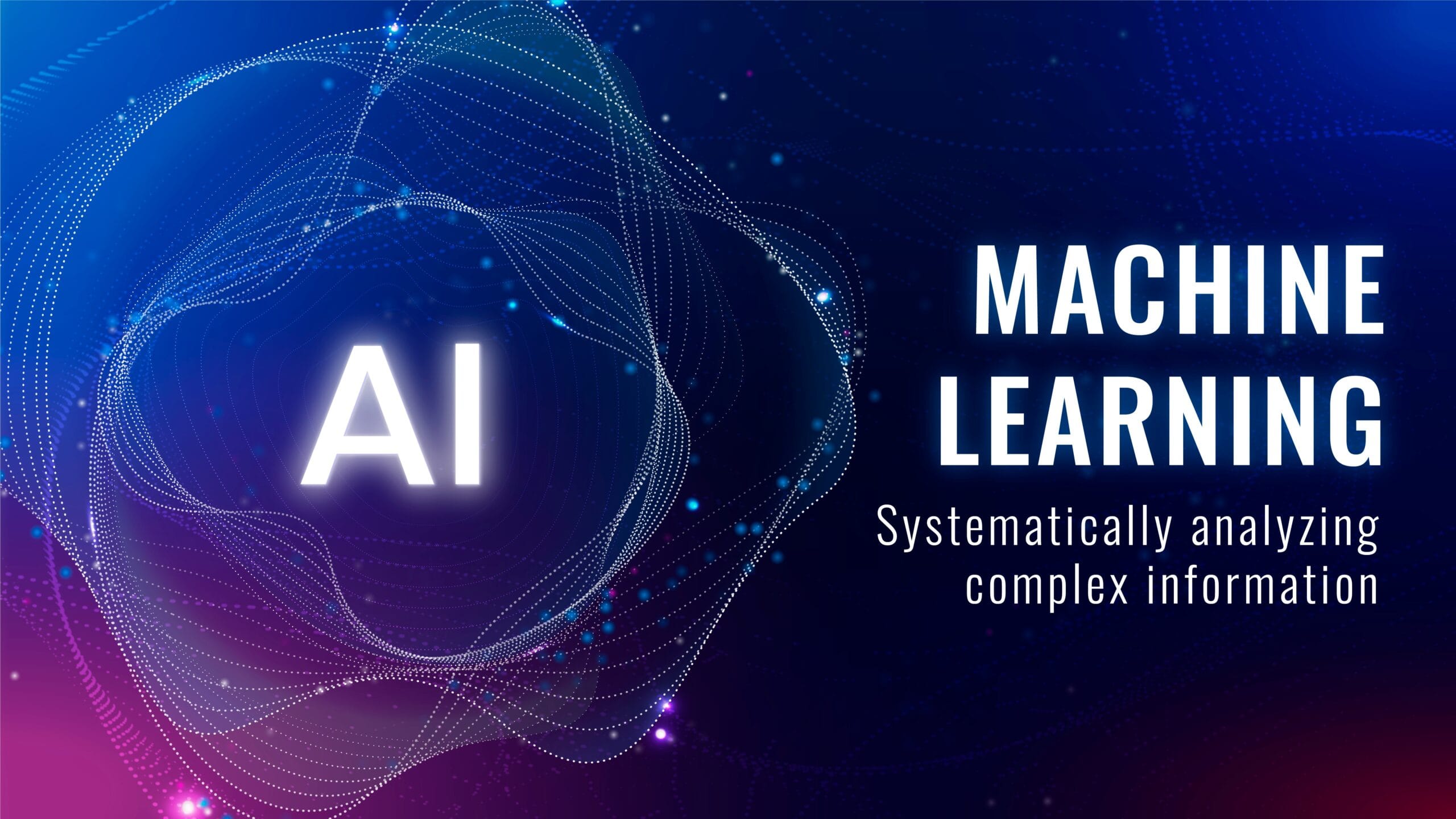
Traditional computer programming relies on explicit instructions, like a detailed recipe. This approach works well for predictable tasks, but struggles with complex, ever-changing scenarios. That’s where machine learning comes in.
Imagine teaching a child to recognize a cat. You wouldn’t list every possible cat feature. Instead, you’d show them many pictures of cats, allowing them to learn the patterns themselves. Machine learning works similarly. It uses algorithms to analyze vast amounts of data, identifying hidden relationships and making predictions without needing explicit instructions for every situation.
Machine learning teaches computers to learn from data, finding patterns without explicit programming. It enables them to make predictions or decisions on new data, improving their accuracy with more experience. Essentially, it’s about computers learning and adapting like humans do.
Some important pros of Machine Learning:
- Adaptability: Machine learning systems can adapt to new data, improving their accuracy over time.
- Accuracy: As algorithms are trained with more data, their predictions become increasingly accurate, often surpassing the capabilities of traditional programming.
- Complexity Handling: Machine learning excels at handling complex problems with numerous variables, where traditional programming would be impractical or impossible.
Real-World Applications:
- Image and Speech Recognition: From Google Lens identifying objects to voice assistants like Siri, machine learning has become a part of our day-to-day life.
- Recommendation Systems: Services like Netflix and Amazon use machine learning to suggest content based on your preferences, creating personalized experiences.
- Fraud Detection: Banks and financial institutions use machine learning to detect suspicious transactions, protecting us from fraud.
- Self-Driving Cars: Companies like Tesla are developing autonomous vehicles that rely on machine learning to navigate complex road conditions.
- Medical Diagnosis: Machine learning is revolutionizing healthcare, assisting in tasks like analysing medical images for early disease detection.
- Financial Trading: Investors utilize machine learning algorithms to analyse market trends and make informed trading decisions.
Reference
Books you can refer for machine learning are mention below
- For Machine Learning Algorithms – Aurelien Geron(Author), Hands-On-ML-with-sklearn-3rd-edition
- For Data analysis – Wes McKinney(Author), Python-for-Data-Analysis-3rd-edition